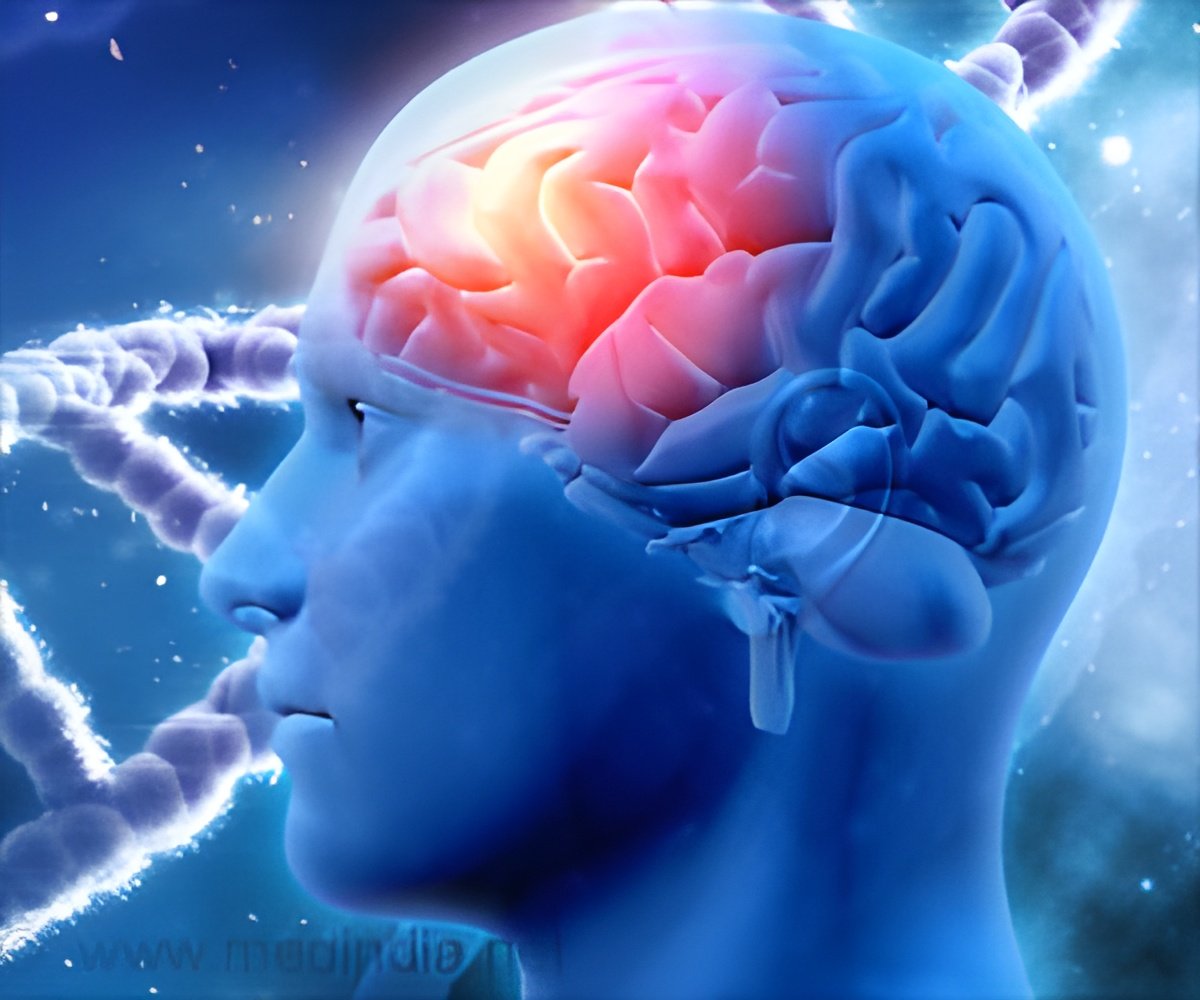People who take up running in their teens are less likely to develop dementia later in life.

‘Dementia is progressive, which means the symptoms will gradually get worse as more brain cells become damaged and eventually die.’





They also found that the activity of the adult-born neurons was enhanced compared to those acquired during development and to those of rats housed in a standard cage without a running wheel. The findings are consistent with the idea of cognitive reserve, whereby the brain draws on enriching experiences from youth to compensate for functional declines as a result of age or disease. Early life interventions that increase physical activity may therefore help to build up this reserve, potentially delaying the onset of neurodegenerative disorders such as Alzheimer's disease. The study is published in the journal eNeuro.
Source-ANI















